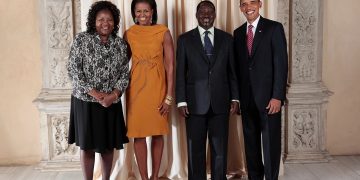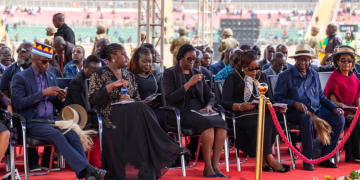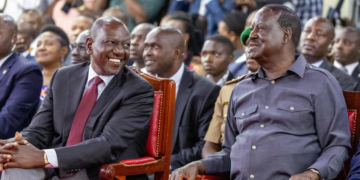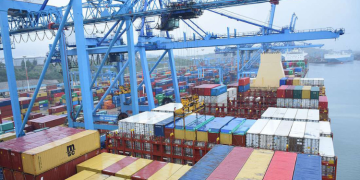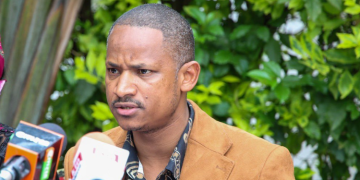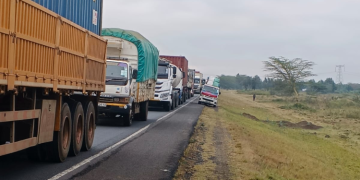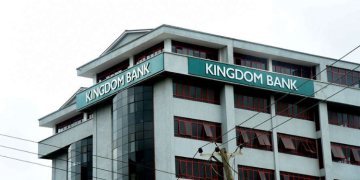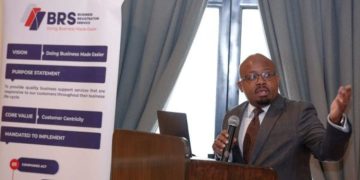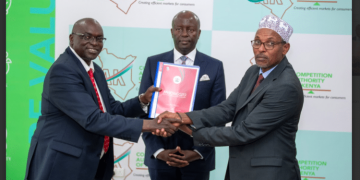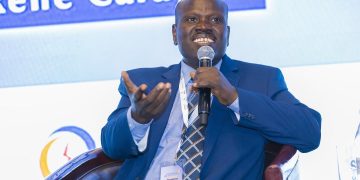Since the Kenya Kwanza administration took office in 2022, Trans Nzoia Governor George Natembeya has been a vocal critic of President William Ruto’s government.
He has condemned various policies and actions, including the alleged abduction of government critics and the government’s move to lease public sugar companies to private investors.
Natembeya’s outspoken stance has drawn sharp criticism from President Ruto’s allies, including Nandi Senator Samson Cherargei and Trans Nzoia Senator Allan Chesang.
On May 19, 2025, Natembeya was arrested by the Ethics and Anti-Corruption Commission (EACC) over allegations of embezzling Ksh1.4 billion in county funds. The arrest followed a raid at his home in Kitale, during which EACC officers, backed by police, conducted a search.
However, the governor has maintained his innocence, claiming that the arrest is politically motivated, aimed at tarnishing his reputation and silencing his opposition to government policies—particularly the leasing of sugar companies in the Western region.
This article explores why Natembeya’s political rise is seen by some as a potential threat to President William Ruto’s 2027 re-election bid.
Why Natembeya Poses a Threat to President Ruto
According to lawyer Mwaura Muroki, Natembeya has generated concern within President Ruto’s camp due to his growing popularity, which began during his tenure as Rift Valley Regional Commissioner. His firm stance on security issues earned him recognition not only in the Rift Valley but also nationally.
“Natembeya has always been vocal, even before joining politics. He enjoyed widespread popularity during his time as regional commissioner. The turning point was when he aligned himself with opposition leaders like Martha Karua and others in efforts to challenge Ruto in 2027,” said Muroki.
Muroki further argues that Natembeya poses a unique threat because of his ability to unite the Luhya community, a historically fragmented voting bloc. While prominent leaders like Moses Wetangula and Musalia Mudavadi have attempted to consolidate the Luhya vote, they have not succeeded.
“You see, despite Wetangula and Musalia working together, they have never managed to consolidate Western Kenya under one voice. That fragmentation weakens their influence nationally. If Natembeya manages to unite the region, he could become a formidable force,” Muroki added.
Also Read: EACC Explains Why Natembeya Was Arrested After a Raid on His Homes
He also pointed out that Natembeya’s focus on development has made some government-aligned leaders uncomfortable.
“He has initiated significant development projects in Trans Nzoia. Some individuals in government prefer dysfunction so they can take credit for improvements. Natembeya’s success threatens that narrative,” said Muroki.
According to Muroki, the corruption charges could be a tactic to sideline Natembeya ahead of the 2027 elections.
Natembeya’s Political Ambitions
Governance expert Javas Bigambo offers a different assessment. He acknowledges Natembeya’s rise but argues that he is not yet a direct threat to President Ruto.
“To say Natembeya is a threat would depend on several factors,” Bigambo explained. “One, whether he can organize and mobilize nationally, and two, whether he can politically dominate the Western region to the exclusion of leaders like Wetangula and Mudavadi. If he can do that, he could shape the future of Western Kenya’s political negotiations.”
However, Bigambo notes that Natembeya has not declared any presidential ambitions for 2027, making it premature to consider him a rival.
“A critical analysis shows that Natembeya is an emerging political disruptor, not a presidential contender—at least not yet,” Bigambo said.
He also emphasized that Natembeya’s influence remains regional, primarily within Trans Nzoia and among the Bukusu community. He has yet to gain traction in key Western counties like Busia, Kakamega, and Vihiga.
Also Read: Police Surround Governor Natembeya’s Home
Furthermore, Bigambo pointed out the lack of unity within the opposition, making it difficult for any single candidate to pose a credible challenge to Ruto without a coordinated coalition.
“Even within the opposition, figures like Rigathi Gachagua are positioning themselves as counterweights to Ruto—whether or not they intend to run. This further complicates any effort to form a united front,” he observed.
Bigambo also questioned Natembeya’s ability to expand his influence nationally.
“We haven’t seen Natembeya hold rallies or build support in the Coast, Northeastern, or even Rift Valley regions. Unless he does that, he should not overestimate his national significance,” he cautioned.
Follow our WhatsApp Channel and X Account for real-time news updates.


